
9 Tips for Coping with Agitation and Aggression
MOODINESS: As Alzheimer’s progresses, people may become more agitated or aggressive. Check out 9 tips for handling it.

MOODINESS: As Alzheimer’s progresses, people may become more agitated or aggressive. Check out 9 tips for handling it.

MONEY PROBLEMS are inevitable for people with Alzheimer’s handling their own finances. Learn how to spot them, what steps to take, and how to protect
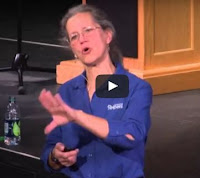
TEEPA CARE VIDEO: Frustrated? When your loved one is impossible to deal with, it’s not you – it’s the dementia. Watch this 4-minute video to
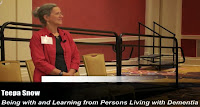
CARE VIDEO: Teepa Snow sheds sparkling light on our imperfect, daily attempts to help people with dementia.

MEDICAL VIDEO: Take an active roll in managing Alzheimer’s. Have an open conversation with your doctor. See 5 questions to ask and which answers to
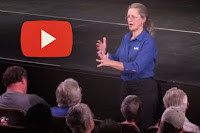
TEEPA SNOW VIDEO: See why Lewy Body dementia (LBD) poses special caregiving challenges. Learn how LBD differs from Alzheimer’s. Watch Teepa demonstrate unique stresses in

VIDEO: Dementia can make it difficult to recognize familiar faces, or even trigger hallucinations. Lewy body dementia is particularly susceptible to such visual problems. Watch

CARE-TIPS VIDEO + ARTICLE: A common frustration in Alzheimer’s is the propensity to say “no” to just about everything. Often, this is triggered by physical
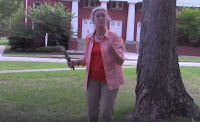
TEEPA SNOW CARE TIPS – VIDEO: A person with dementia may wonder, “What do I do now?” or “How do I do what I want

APATHY strikes 90% of people with dementia, sooner or later. Faster decline and care problems result. Apathy is the most common neuropsychiatric symptom of dementia,
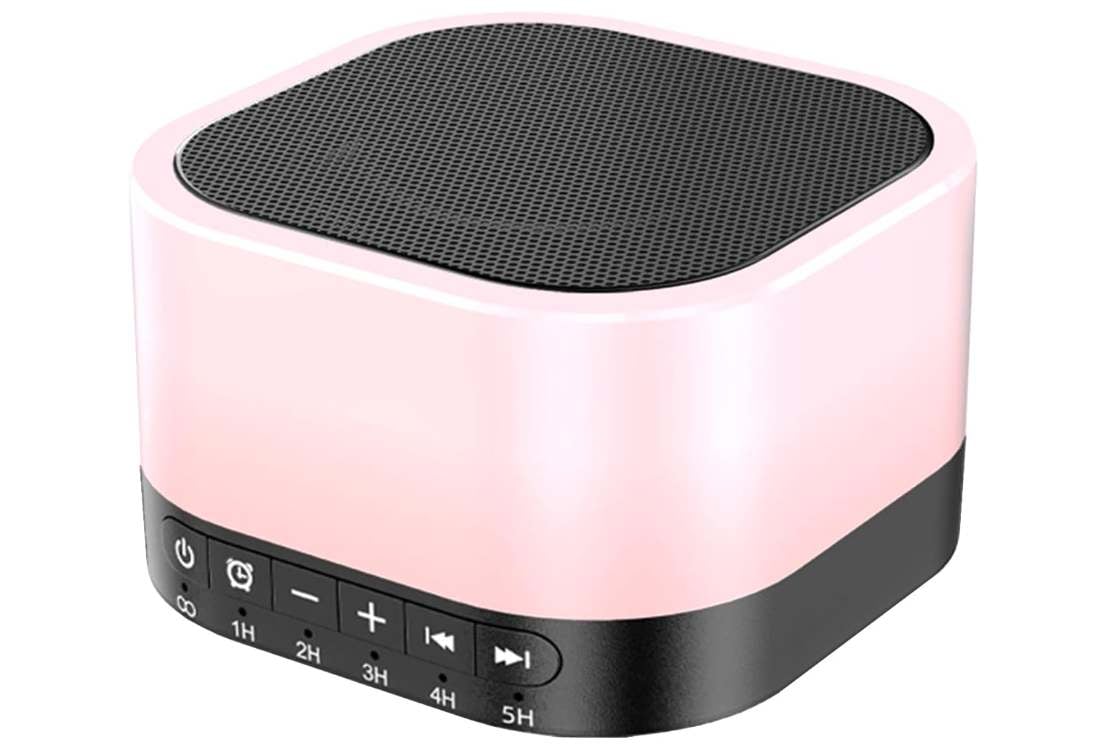
SLEEP VIDEO & ARTICLE: Sound stimulation can improve sleep and memory for people with pre-dementia. This study used easy-to-buy “pink noise” machines. See how simple sleep therapy makes a real difference.
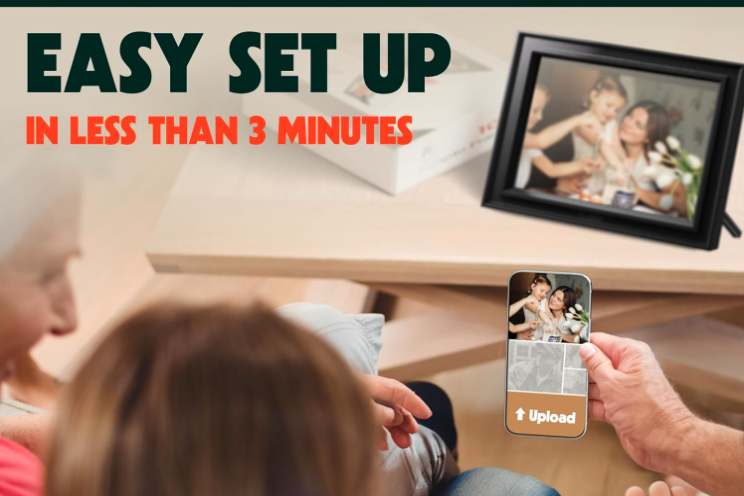
Looking for the best digital photo frame for a loved one with dementia? Many frames claim to be senior-friendly. We explore the Pix-Star series, rated best for its combination of features and value for the money.

VIDEO+ARTICLE: Sundowning in dementia can derail evenings with anxiety, agitation, and confusion. Here’s why it happens—and what actually helps.

Researchers found in a study that people who developed dementia were more likely to have their credit rating drop at least two and a half years before the diagnosis. Some had problems managing their money up to six years before. Find out more.

Scientists say restoring a brain protein, not removing amyloid plaques, should be the target of Alzheimer’s dementia therapies. The researchers said treatment might lie in normalizing the levels of a specific brain protein.

Dietary iron is an essential element in the brain. That’s why it is critical to understand how it affects Alzheimer’s. Researchers used advanced X-ray techniques to take a giant step forward in understanding iron chemistry in amyloid plaque, the main culprit behind Alzheimer’s. Learn more about their exciting new insights.
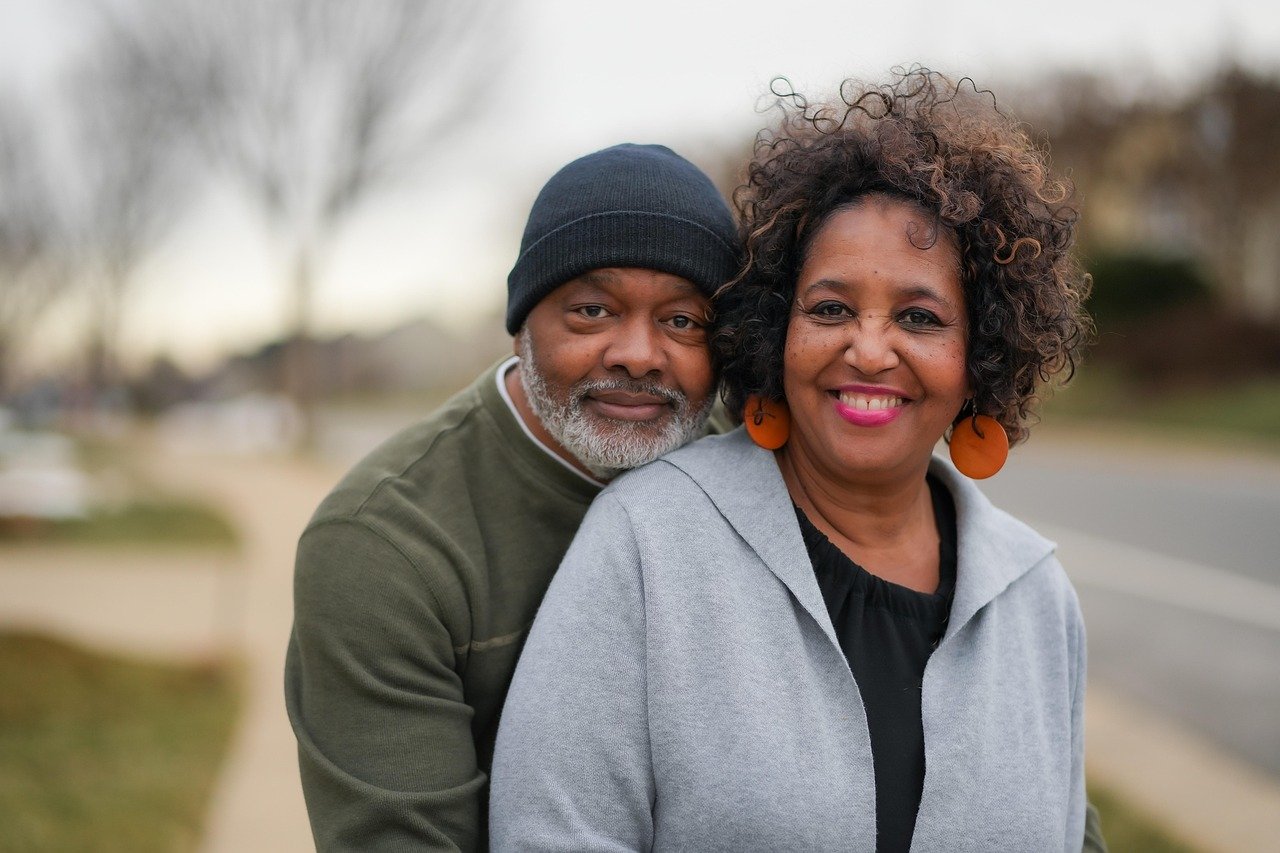
A deep promise to be there for an Alzheimer’s parent, this heartwarming song was written as a tribute to families facing dementia.
No spam, only news and updates.


